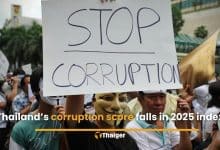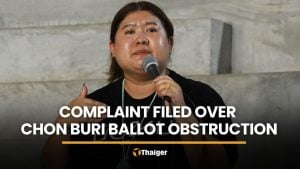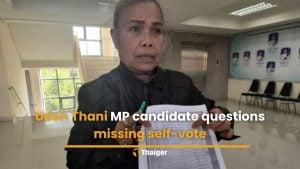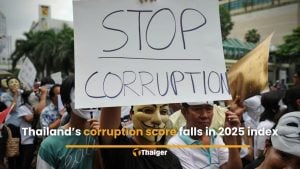Thai Ombudsman deems rejection of MFP leader’s renomination as PM as unconstitutional
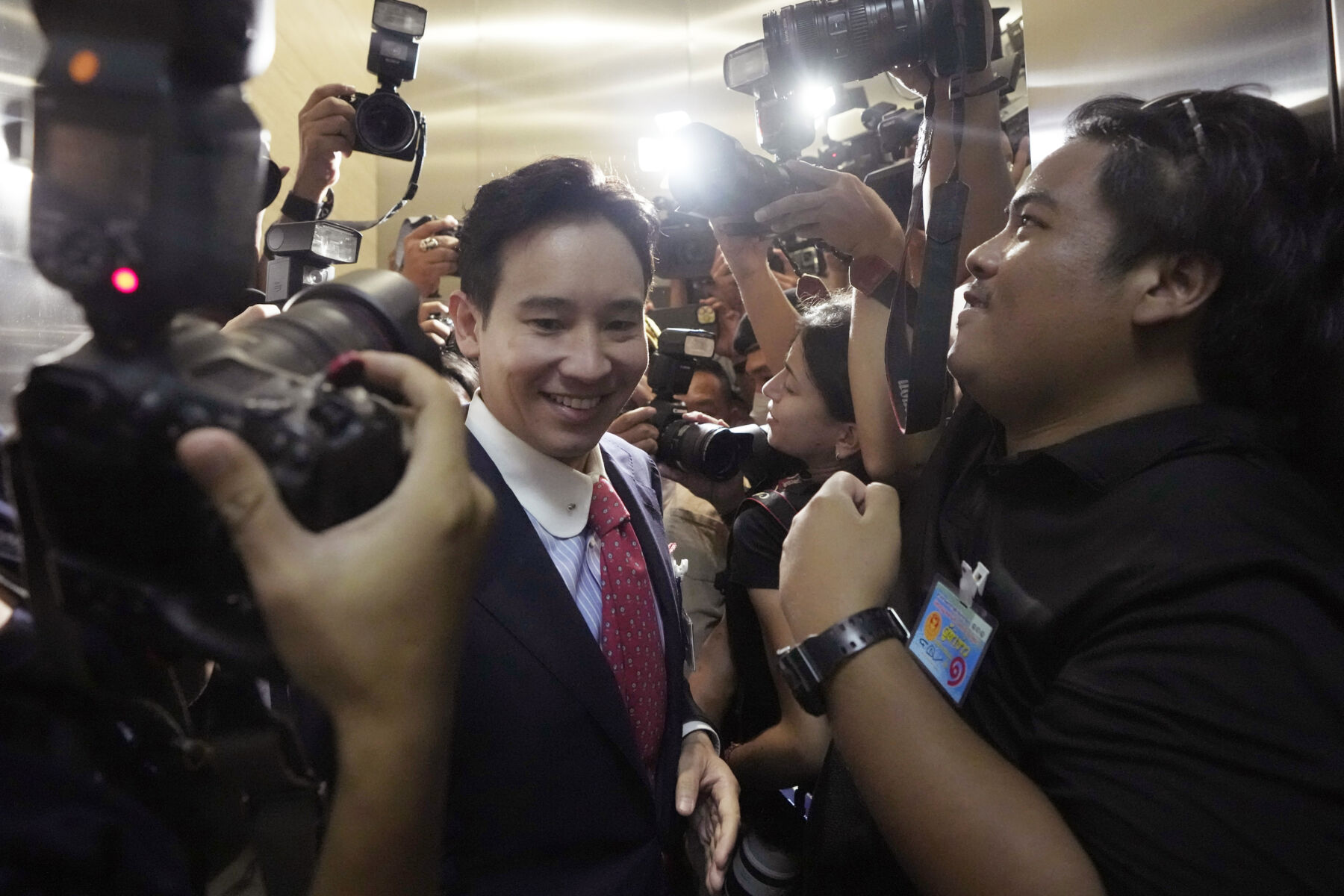
The Thai Ombudsman yesterday declared Parliament‘s rejection of Move Forward Party (MFP) leader Pita Limjaroenrat’s renomination as a prime ministerial candidate as unconstitutional. As a result, the case will be forwarded to the Constitutional Court for further review.
This request followed a solution passed by the Parliament Assembly, which blocked Pita’s bid to become PM. The Ombudsman believes that this resolution contradicts the constitution of Thailand.
During a Parliament meeting on Wednesday, July 19, Parliament stated that Pita could not be nominated as the PM candidate according to article number 41 of the Regulations of the Parliamentary Assembly (2020).
The article suggests that any motion that has been rejected cannot be reintroduced unless the Parliament president permits it. Consequently, Pita’s nomination was deemed a motion that could not be reintroduced in the second and following PM selection meeting.
Many MPs who supported Pita saw this solution and agreement as a contradiction to the constitution of Thailand and agreed that the regulation of the meeting should not be bigger than the constitution. Residents and academics who supported Pita and the MFP also agreed and complained to the Ombudsman.
According to BBC Thailand, the two Thai academics who submitted a complaint on the resolution to the Ombudsman were Pornchai Theppanya, who is an independent academic, and Boonsong Chalaythorn, who is a professor at the Faculty of Social Innovation at Rangsit University.
The Ombudsman had a meeting to consider the complaint yesterday and agreed with the two academics. The Permanent Secretary of the Ombudsman yesterday told the media that…
“We agreed in the meeting that the Constitution Court should determine whether the actions of the Parliament Assembly, as a government institution, contradict the constitution or not. The PM selection process is governed by the constitution itself and is independent of the Regulations of the Parliamentary Assembly (2020). The constitution explicitly outlines the rules and conditions related to the PM selection and sets it apart from other types of motions.”
The Ombudsman plans to submit the issue to the Constitution Court by tomorrow, July 26, ahead of the upcoming Parliament meeting scheduled for July 27 to select the new PM. Additionally, the Ombudsman will request the court to postpone the PM selection until a decision is made.
The Permanent Secretary added that…
“The issue of constitutionality directly affects the rights and freedoms of the complainants and Thai people. If the PM selection proceeds without resolving this matter, it could cause significant harm to the country, which would be difficult to rectify.”
Following the resolution passed by the Parliament Assembly on July 19, both the MFP and Pita publicly announced their inability to form a government. Instead, they expressed their support for the Pheu Thai Party to carry on their ideology and take charge of the formation process.
The Pheu Thai Party is now facing a lot of criticism both from their voters and MFP supporters after they met with parties with opposing ideologies, such as the Bhumjathai and Palang Pracharath Parties.
Latest Thailand News
Follow The Thaiger on Google News:

